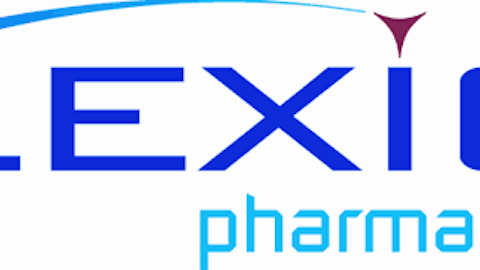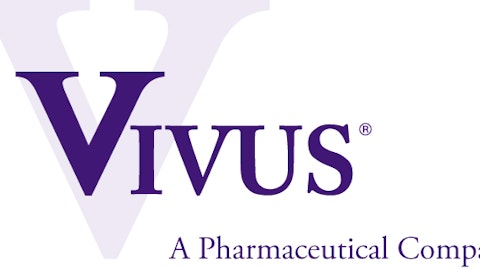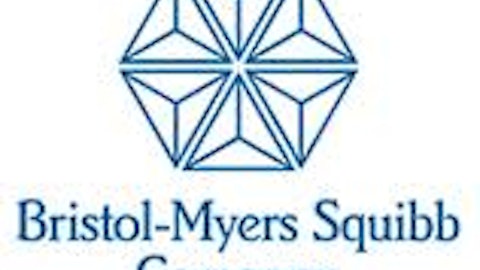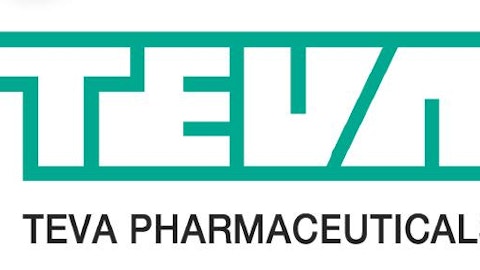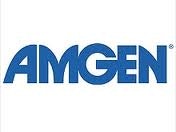
All roads lead to Onyx
At the center of this oncology takeover frenzy is Onyx Pharmaceuticals, Inc. (NASDAQ:ONXX), which has three approved cancer treatments on the market today – Nexavar (sorafenib), Kyprolis (carfilzomib), and Stivarga (regorafenib). Nexavar, which was co-developed with Bayer, is the company’s flagship drug, and is used to treat kidney cancer. Kyprolis is used to treat patients with multiple myeloma, and Stivarga is a colorectal cancer treatment that is co-promoted with Bayer in the United States. Last quarter, Onyx Pharmaceuticals, Inc. (NASDAQ:ONXX)’s revenue rose 102% year-on-year, although earnings remain in the red.
Onyx Pharmaceuticals, Inc. (NASDAQ:ONXX) drew a lot of attention to itself when it put itself on sale on June 30, after rejecting an $8.7 billion offer from Amgen, Inc. (NASDAQ:AMGN). Amgen, Inc. (NASDAQ:AMGN)’s offer valued the company at $120 per share — a 50% premium over the previous day’s closing price. Amgen’s big bid revealed its desperation to diversify its pipeline, since four of its five best-selling drugs face patent expirations in 2015.
In addition to Amgen, Inc. (NASDAQ:AMGN), which is reportedly still interested in acquiring Onyx, other interested parties include Bayer and Pfizer Inc. (NYSE:PFE). Bayer already has existing collaborations and royalty-licensing agreements with Onyx for Nexavar and Stivarga, which means an acquisition should go fairly smoothly. Meanwhile, Onyx holds the rights to future milestone and royalty payments from Pfizer Inc. (NYSE:PFE)’s experimental breast cancer treatment, palbociclib. An acquisition would not only strengthen Pfizer Inc. (NYSE:PFE)’s aging pipeline but also negate those payments.
All eyes on Merck
Another company that biotech investors have been watching closely is Merck & Co., Inc. (NYSE:MRK). Just like Amgen, Inc. (NASDAQ:AMGN) and Pfizer Inc. (NYSE:PFE), Merck desperately needs to add new drugs to its pipeline. The company took a huge hit last year after it lost patent exclusivity for its asthma and allergy medication, Singulair.
Merck & Co., Inc. (NYSE:MRK) is now relying on its two diabetes medications, Januvia and Janumet, to carry it through this rough patch, but sales of Januvia have been hit by FDA investigations regarding its link to pancreatic cancer. It then suffered another setback in July, when the FDA warned that its insomnia treatment, suvorexant, was unsafe at recommended doses. All that negative news took its toll on Merck & Co., Inc. (NYSE:MRK), which reported a 49.5% year-on-year plunge in earnings and a 10.6% decline in revenue last quarter.
Therefore, many analysts have been looking at Merck & Co., Inc. (NYSE:MRK)’s oncology segment, which only accounted for 3% of its 2012 revenue. In that segment, Merck & Co., Inc. (NYSE:MRK) will lose an estimated $1 billion in annual sales by 2015 after Temodar, its brain cancer drug, and Emend, which treats chemotherapy-related nausea, lose their patent protection.
A smaller, smarter buy
While some analysts have suggested that Merck will join in the bidding war to take over Onyx, a smaller name has emerged as a more affordable alternative: Inovio Pharmaceuticals Inc (NYSEMKT:INO), which has a market cap of $540 million.
